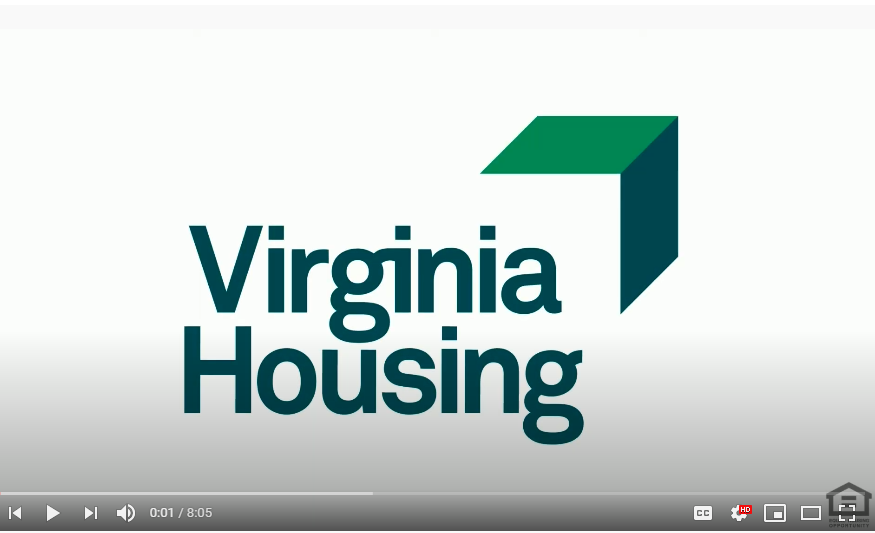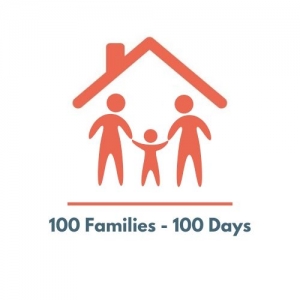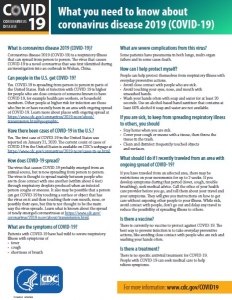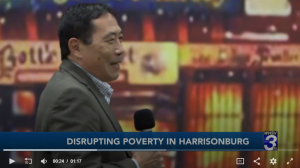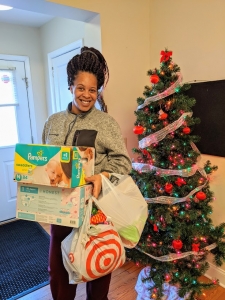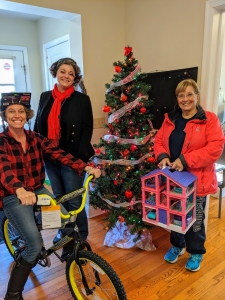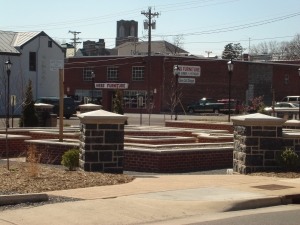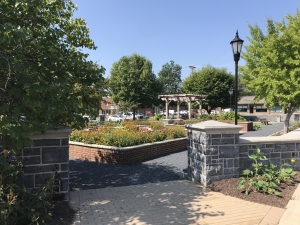What does the CDC Eviction Moratorium Mean for Me?
The information below is from HUD Assistant Secretary Hunter Kurtz. The Declaration required to be considered under the order can be found HERE.
On September 4, 2020, the Centers for Disease Control (CDC) issued a Notice and Order under Section 361of the Public Health Service Act (42 U.S.C. § 264) and 42 CFR § 70.2, available here. To prevent the further spread of COVID-19, the Order is a temporary halt in residential evictions. This Order is separate from the now expired eviction moratorium in Section 4024 of the Coronavirus Aid, Relief, and Economic Security Act (CARES Act).
The Order applies to all tenants in the country (including assisted renters) who are subject to eviction for nonpayment of rent and who submit a Declaration as described in the Order (HERE). The Order is in effect from September 4, 2020 through December 31, 2020.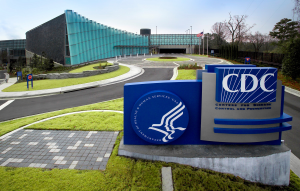
The Order does not relieve any tenant from paying rent and following the rules or the law. Evictions for other violations of the lease or criminal acts may still occur under this Order.
Under the Order, tenants cannot be evicted for nonpayment of rent, provided the tenant signs the Declaration that is attached to the CDC Order certifying that:
- They have used best efforts to obtain all available government assistance for rent or housing;
- They expect to earn no more than $99,000 in annual income for Calendar Year 2020 (or no more than $198,000 if filing a joint tax return), were not required to report any income in 2019 to the U.S. Internal Revenue Service, or received an Economic Impact Payment (stimulus check) pursuant to Section 2201 of the CARES Act;
- They are unable to pay their full rent or make a full housing payment due to substantial loss of household income, loss of compensable hours of work or wages, lay-offs, or extraordinary out-of-pocket medical expenses;
- They are using best efforts to make timely partial payments that are as close to the full payment as their circumstances may permit, taking into account other nondiscretionary expenses;
- If evicted they would likely become homeless, need to move into a homeless shelter, or need to move into a new residence shared by other people who live in close quarters because they have no other available housing options.
- They understand they must still pay rent or make a housing payment, and comply with other obligations that they may have under their tenancy, lease agreement, or similar contract. The understand that fees, penalties, or interest for not paying rent or making a housing payment on time as required by their tenancy, lease agreement, or similar contract may still be charged or collected; and
- They understand that at the end of this temporary halt on evictions on December 31, 2020, their housing provider may require payment in full for all payments not made prior to and during the temporary halt and failure to pay may make them subject to eviction.
The Order does not relieve the tenants’ obligation to pay rent and the tenants must continue to comply with terms under the lease. However, tenants qualifying as “Covered Persons” under the Order cannot be evicted for nonpayment of rent in violation of the lease if the CDC eviction protections are invoked (see below). Nothing in the Order precludes the landlords from charging or collecting fees, penalties, or interest as a result of the tenants’ inability to pay rent on a timely basis. Evictions unrelated to nonpayment of rent can still take place, e.g., criminal activity. Any state, local, or territorial area with a moratorium on residential evictions that provides the same or greater level of public-health protection can supersede the Order.
Under the Order, public housing and section 8 tenants are “Covered Persons” with eviction protection if they complete and provide the required Declaration referenced in the Order to their PHA or landlord. A tenant cannot be required to complete the Declaration. However, without it, tenants will not have the CDC eviction protection.
———————————————-
HRHA continues to reach out to tenants behind on rent and encourages clear and quick communication from tenants to work out a repayment plan.
